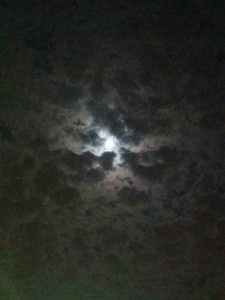Thank Goodness Eve
By
Jennifer Angelina Petro
Thank goodness Eve had the good sense
To follow her hunger—to touch sweetness
And bring it to her lips;
Thank goodness Eve understood perishing
In return for gaining wisdom
Was well worth the extinguishing;
Thank goodness Eve saw rules made by cowards
Were meant to be broken;
Thank goodness Eve was open minded enough
To talk with a serpent–to reason and to know
Desire is holy and so is nakedness;
Thank goodness Eve did not judge by appearances
And instead saw the light in the serpent’s eyes;
Thank goodness Eve knew partaking in and sharing bliss at the risk
Of losing it all was delicious and full of grace;
Thank goodness Eve walked out of that garden—
Left being controlled by fear
And a patriarchal god
Behind her, and became one of us—
A sister, a daughter, a mother, a woman—
Thank goodness Eve took paradise back
By living deeply with the earth
And the moon, and community, and her own soul;
Thank goodness Eve understood—once–and for all—
That the knowledge of good and evil
Was different from the actions of good and evil–
That the ability to think for oneself
Did not imprison, did not condemn–
It liberated—liberated us to become the true goddesses
We were meant to be–
The kind that would gladly struggle
To bring heaven down and share it with the earth—
Without condition, without thought–
For all beings, for all time, for all dreams, for all passions–
To rejoice and be fulfilled—Thank goodness Eve
Allowed divine indulgences to bloom from between her legs–
Thank goodness we all stream from one undismayed woman
Whose single act of rebellion—inspires in us still today
The single-minded desire to be free.


